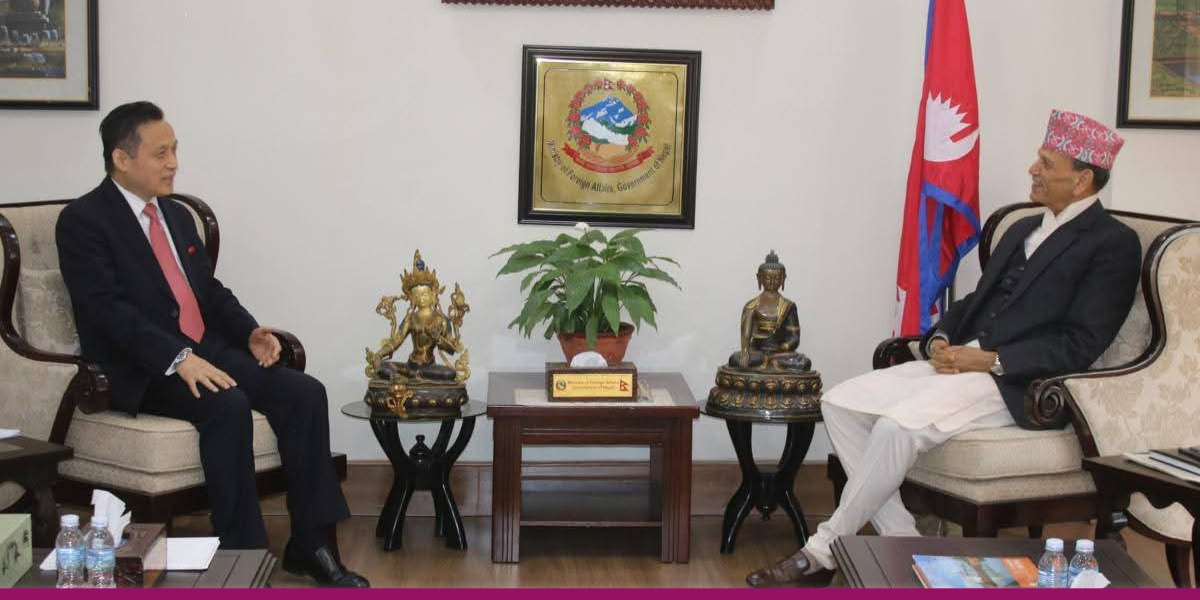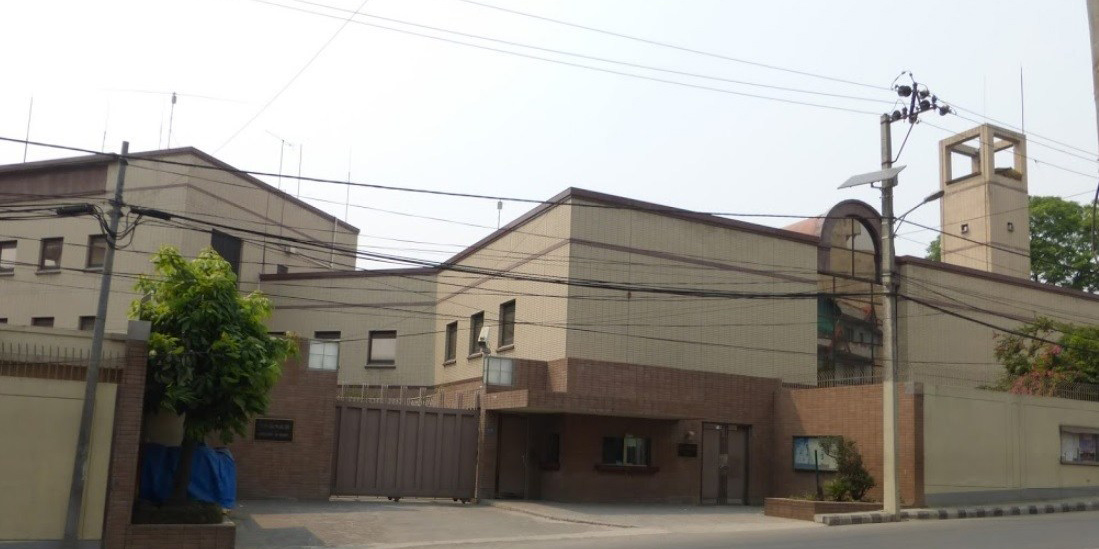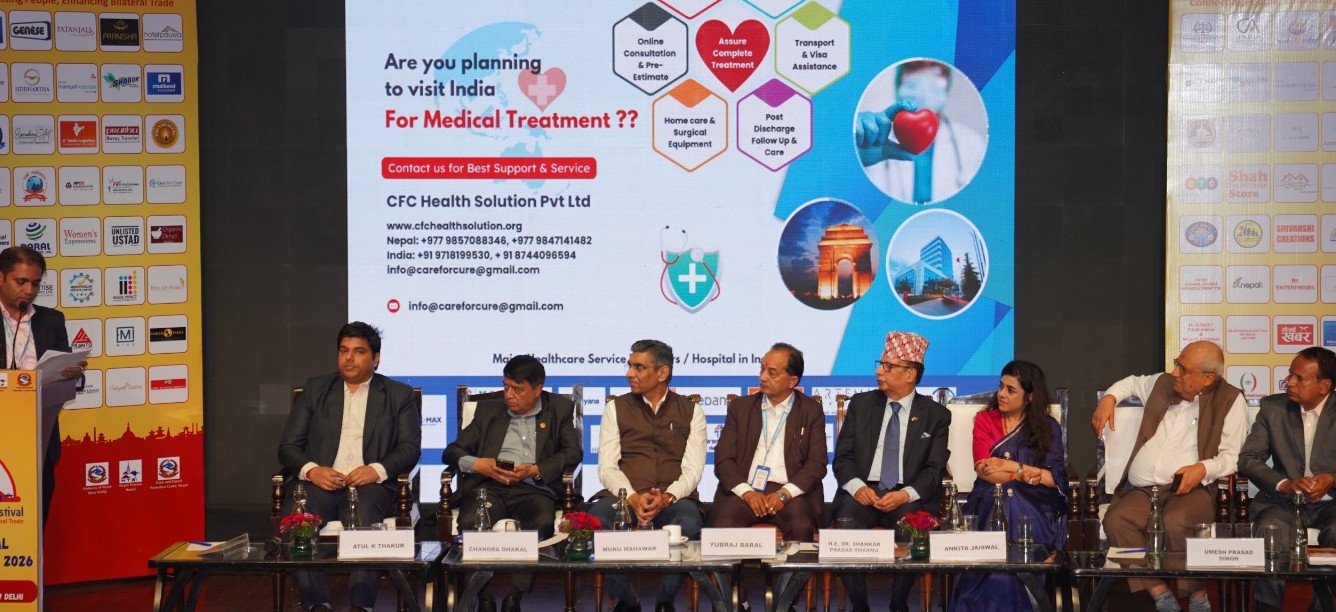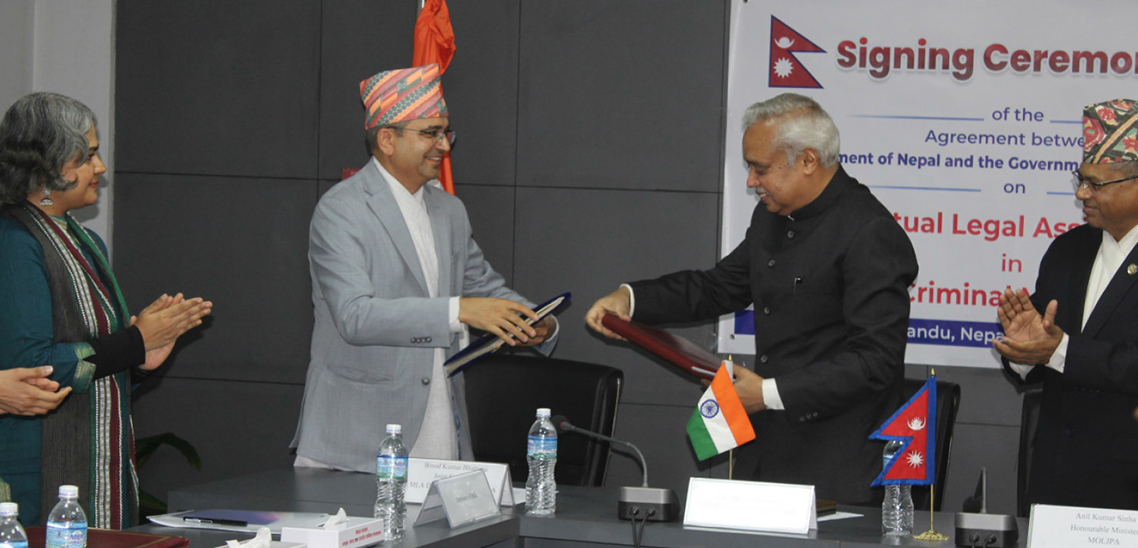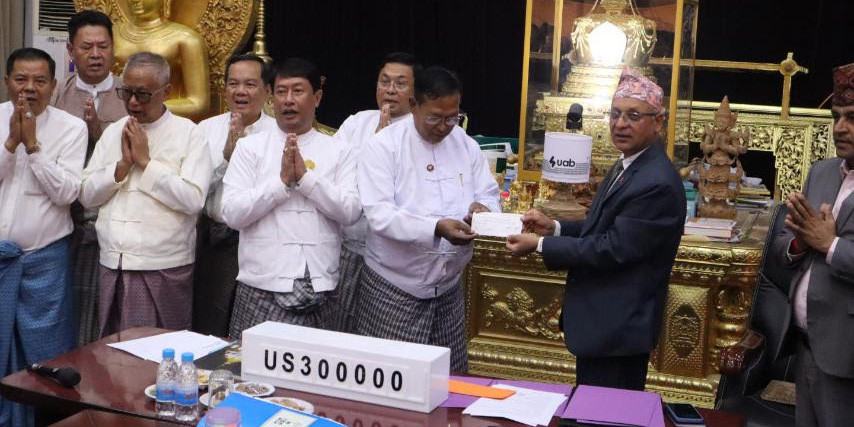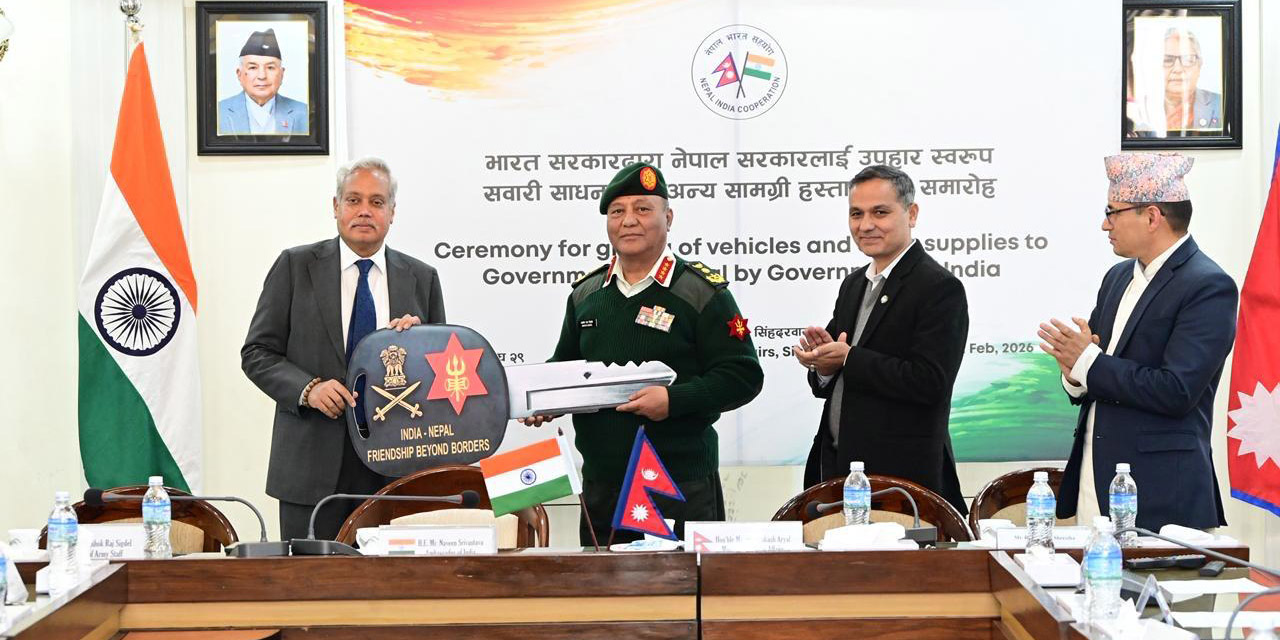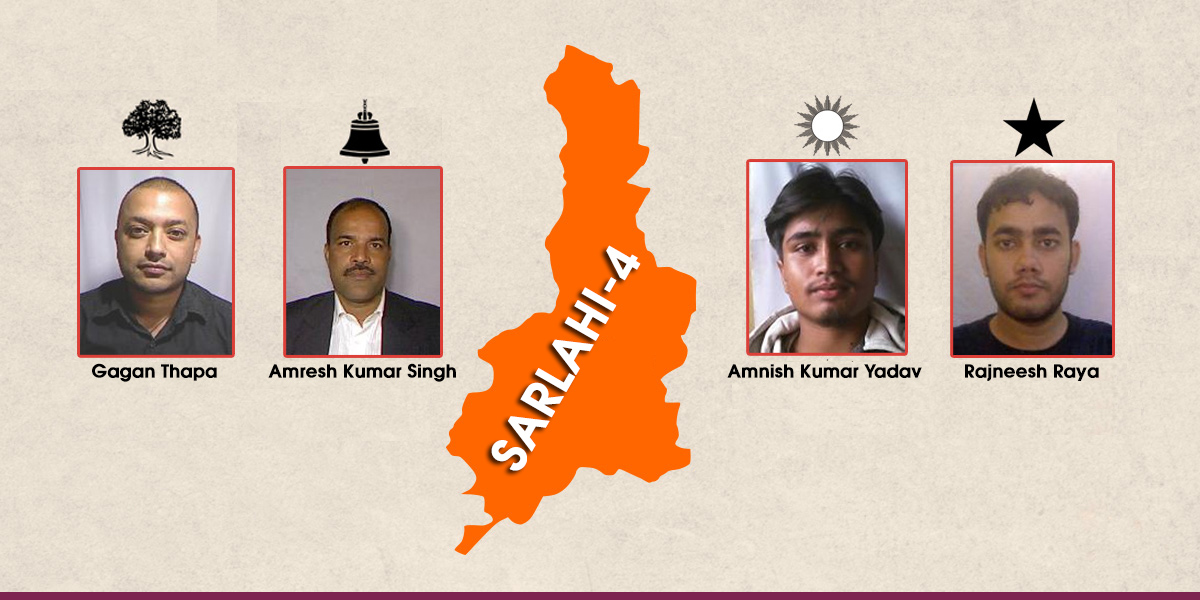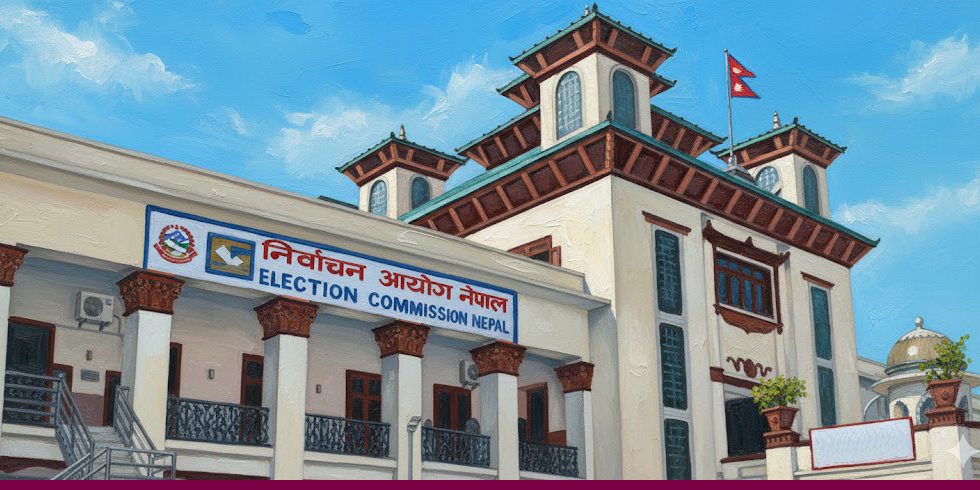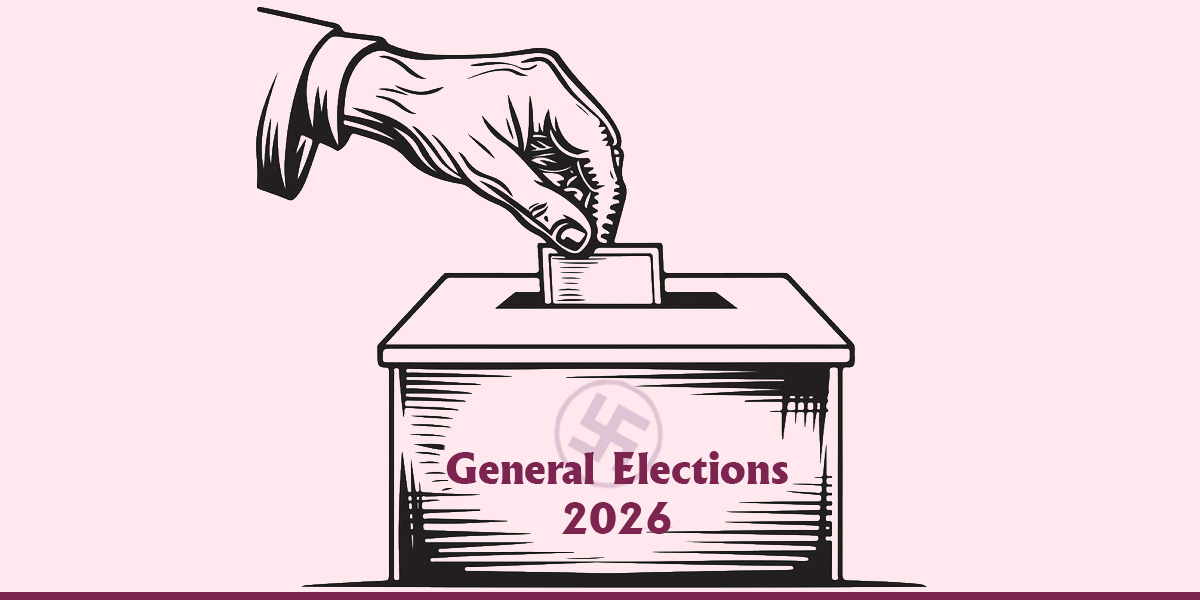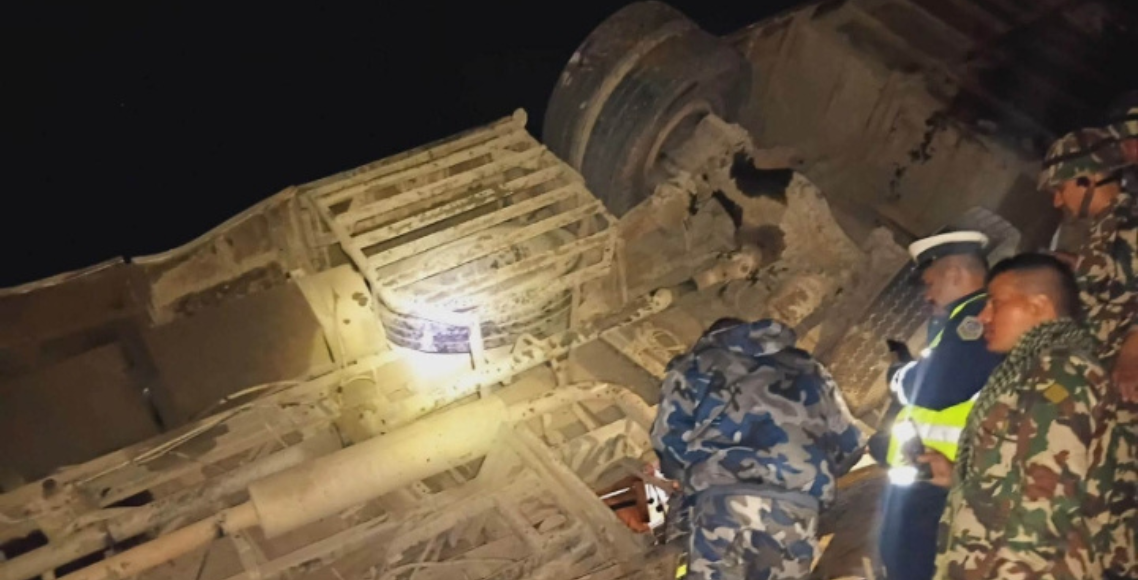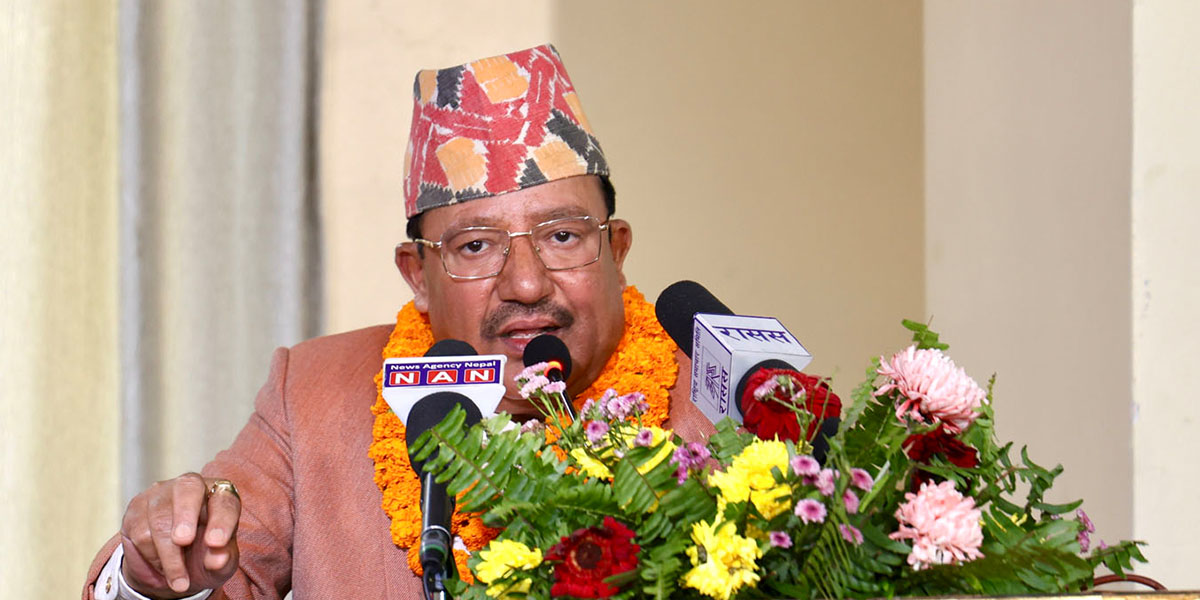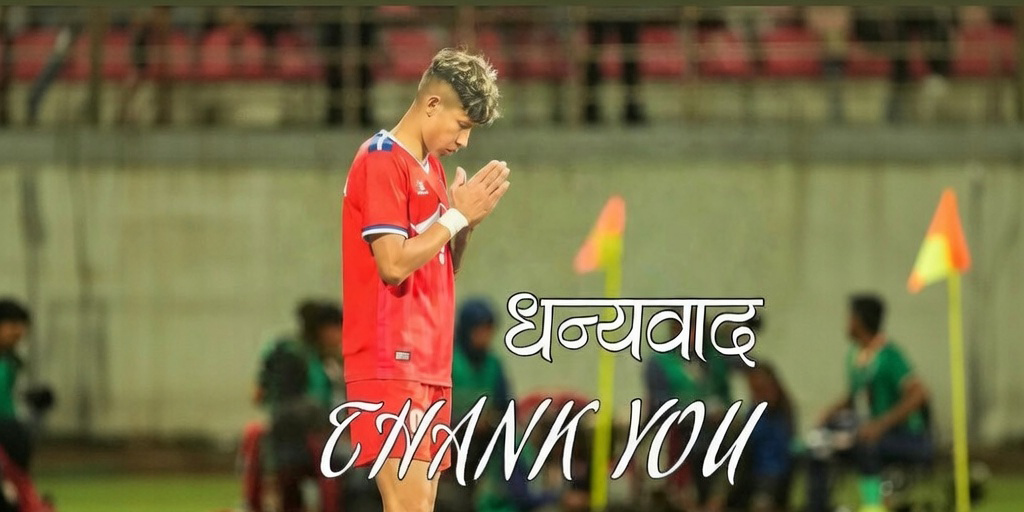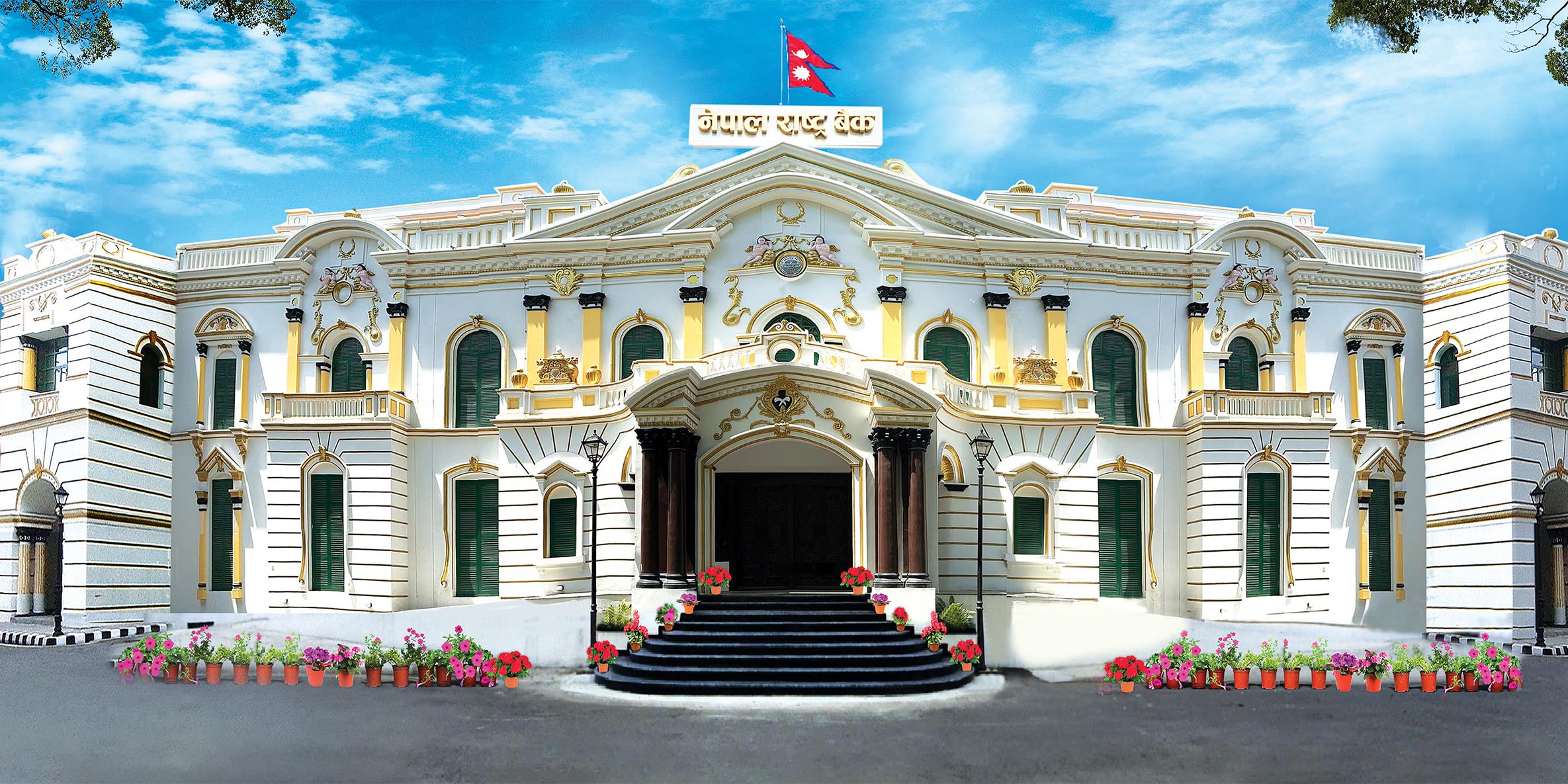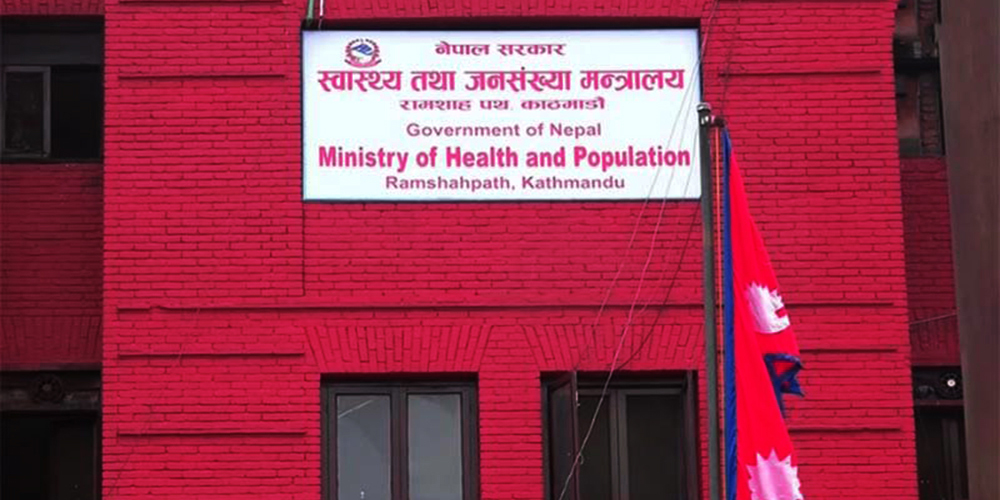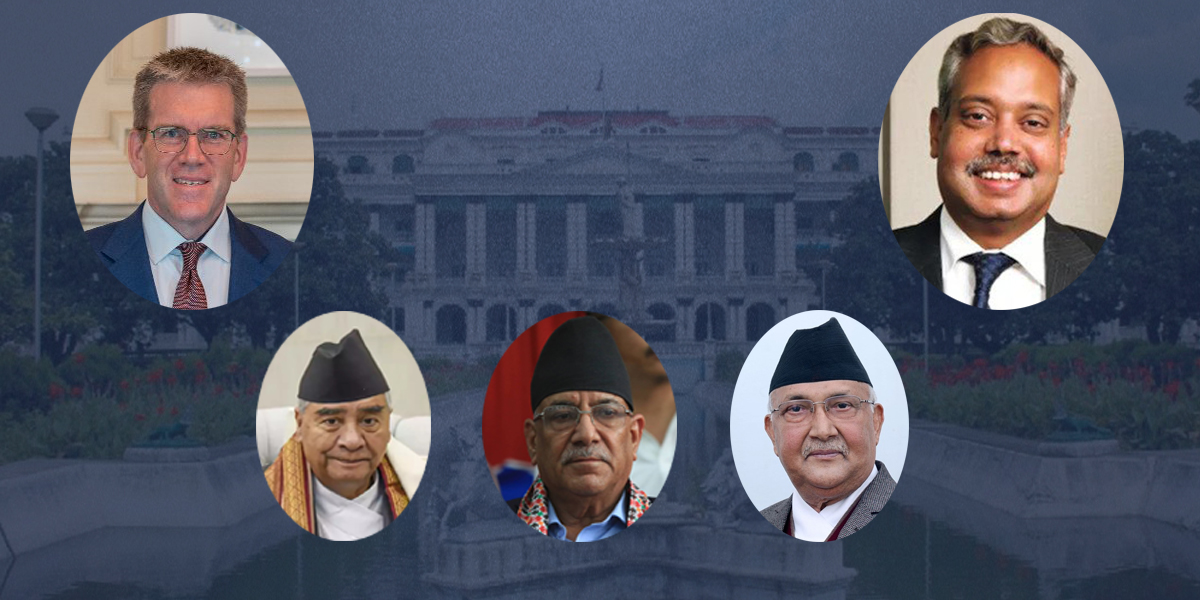
KATHMANDU: Foreign ambassadors have started showing unnecessary concerns over government formation.
As none of the political parties or coalitions got a clear majority to form the next government, parties have no option but to form a new coalition. As parties intensify government formation talks, ambassadors of different countries are meeting party leaders to express their concerns. It is high time parties and leaders asked foreign diplomats why they are so concerned about government formation in Nepal. Not only the diplomats, questions should also be raised against leaders of political parties who are rolling red carpet to foreign ambassadors. The time has come to question our leaders why they are giving undue importance to foreign diplomats.
The Chinese embassy in Kathmandu is without a leader. The acting ambassador doesn’t seem to be active in government formation. But the ambassador of neighboring India is busy meeting party leaders. Indian ambassador to Nepal Navin Srivastava, who hasn’t even interacted with media personnel since his appointment in Nepal, has been meeting political leaders on a daily basis. Taking a cue from the Indian ambassador, the US ambassador to Nepal Dean R Thompson too has started meeting party leaders.
Not only the government formation, the Indian and US ambassadors are also showing concern over who will become President, Vice President and Speaker, and which parties will form province governments. Further, they are also telling party leaders to forge a consensus on government formation.
Diplomats of China and the European Union too are involved in such political meetings. They are holding talks with even second-rung leaders of political parties.
The US and Indian ambassadors have already met the leaders of most of the political parties. They are continuing their political meetings even today. While Srivastava has met Prime Minister Sher Bahadur Deuba twice, Thompson has met Deuba once since the election results came.
Srivastava went to India after his first meeting with Deuba. He met Deuba for the second time after returning from India. Sources say Srivastava was summoned to India to get an update on Nepal’s recent political development. He met Deuba for the second time with the south block’s message.
Indian envoy Navin Srivastava has met Prime Minister Deuba as well as three former prime ministers since the election results came. In all these meetings, he expressed concern over Nepal’s latest political scenario.
Sources say Srivastava told Deuba that the continuation of the existing coalition will be favorable for India. After the meeting, Deuba sought suggestions from the coalition leaders over including Ramesh Chaudhary’s party in the government by withdrawing the case against him. Janamat Party led by CK Raut has already decided to join the next government.
Srivastava has also met CPN-UML Chairman KP Sharma Oli after returning from New Delhi. He has met Prime Minister Deuba as well as three former prime ministers. In all these meetings, he expressed concern over Nepal’s latest political scenario. His main concern is on which parties will join the coalition to form the next government.
Sources say Srivastava asked NC leaders how the party will secure the majority to form the government. Similarly, in the meeting with UML leaders, he seemed more concerned on the party’s future strategy.
“It is natural for foreign countries to be concerned about political developments in Nepal. Such concerns won’t mean anything if our political leadership is clear on what it wants to do,” former ambassador Dr Dinesh Bhattarai said.
Foreign diplomats are also concerned about the rise of new parties. They are mainly concerned about the foreign policy of these new parties. Think tanks active in Nepal are saying that the south and the western power feel the continuation of the ruling coalition will be comfortable for them while adding that China will be dissatisfied if that happens.
China wants to see left forces leading the government. Before the election, Chinese officials visited Nepal and stressed on the unity of left forces. Acting Chinese Ambassador Wang Xin went to the extent of publishing an Op-Ed piece before the election. Though he piece wished for the success of the election in the article, his concerns were not hidden. Outgoing Chinese envoy Hou Yanxi was active in the unification of the two left parties.
“It is natural for foreign countries to be concerned about political developments in Nepal. Such concerns won’t mean anything if our political leadership is clear on what it wants to do,” former ambassador Dr Dinesh Bhattarai said.
“Former Prime Minister Late Sushil Koirala didn’t give much space to foreign diplomats. He won’t even pick up the phones of foreign diplomats. Only the leaders who don’t have greed for power can take such a stance.”
Chinese diplomats are not as active as their Indian and US counterparts. But China is holding talks secretly. The new ambassador, Cheng Song, is scheduled to arrive after two weeks. He is also expected to hold political talks as parties would be still discussing government formation by that time. But left parties alone aren’t in a position to form the government. Maoist leader Barsha Man Pun is currently in China for his health check-up. It is said that the visit is the latest effort to bridge the gap between the two left parties.
It is high time political leaders stop meeting foreign ambassadors on unnecessary issues. All the political parties and leaders should take the matter seriously.

 Himal Press
Himal Press 